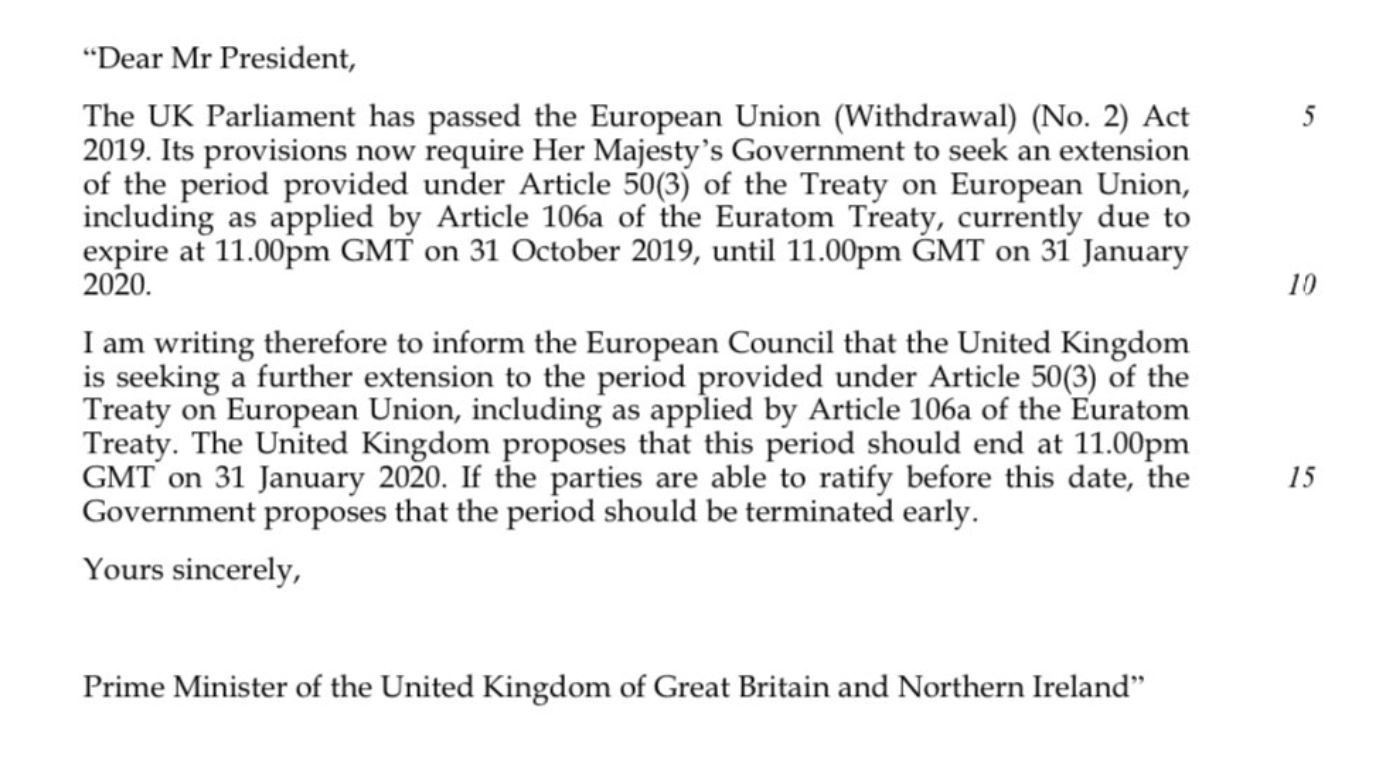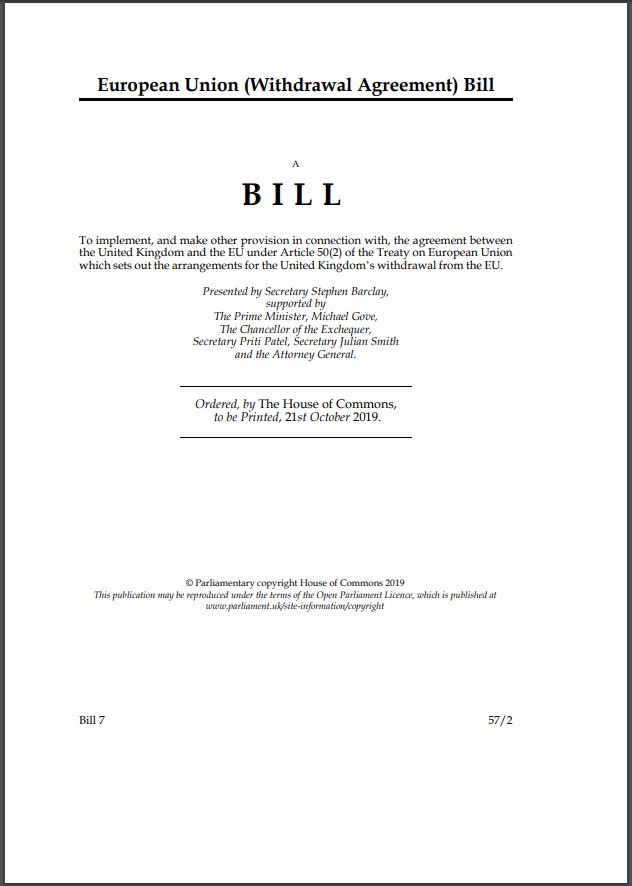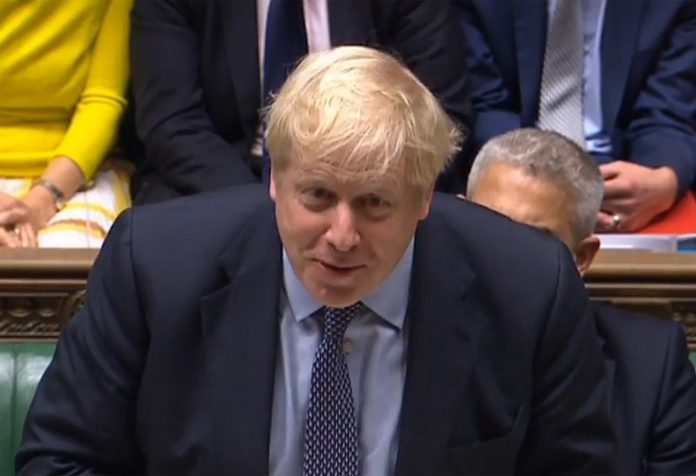THE Withdrawal Agreement Bill lays out the terms and conditions agreed between the UK Government and the other 27 member states of the European Union.
The terms will have to be debated in Parliament although there is no guarantee MPs will accept it.
What is the Withdrawal Agreement Bill?
The Withdrawal Agreement Bill is necessary now that the UK government has agreed a draft treaty with the European Union.
The Bill, should it be passed by the UK Parliament, will enshrine the deal in law.
Due to the strength of feeling with Remainer MPs and Prime Minister Boris Johnson precarious position in the House of Commons, Mr Johnson could lose the vote.
Theresa May, the previous Conservative Prime Minister got to the same stage with her agreement but failed to get the backing of Parliament.
Mr Johnson though believes he now sufficient backing to get his proposal enshrined in law.
Can Boris Johnson get the Bill passed?
Mr Johnson has an ambitious time scale and something of an uphill struggle to get over the line but he is positive it can be done.
He wants to get it all finished by October 31.
Mr Johnson made a do or die pledge over the date, saying if a deal wasnt done by then he would still leave without a deal with the EU.
The situation would be easier for him if the Conservatives had a clear majority in the Commons as he could then push the Bill through but he finds himself in a precarious position.

Things have become worse for Mr Johnsons plans after the Speaker of the House John Bercow refused to allow a vote on the Brexit deal.
Some MPs are also trying to add a provision to impel the Government to hold a confirmatory referendum on the Brexit issue.
Due to the Benn Act the Prime Minister sent a letter to the head of the European Council Donald Tusk, making a formal request for an extension period until January 31, 2020 although he tried to subvert this request by not signing the letter.

What does the Withdrawal Agreement contain?
It sets out how the UK will make the divorce payments requested by the EU over what it says are the UKs outstanding commitments it previous signed up to.
The full 110-page document – along with another 126 pages of explanatory notes – was finally published on October 21 at 8pm.
The Bill ensures parts of EU law are complied with in the UK during the time of the post-Brexit transition period lasts.
It sets out the controversial plan for Northern Ireland and its relationship both with the rest of Ireland as well as the UK.
Another controversial area is the jurisdiction of the European Court of Justice and making some areas of its judgements supreme over other aspects of UK law.

The Bill is meant to implement, and make other provision in connection with, the agreement between the United Kingdom and the EU over Brexit – essentially making Mr Johnson’s deal legally binding.
The transition period would, under the Bill, last until the end of 2020.
This could be extended by up to two years more by ministers, if required.
Any proposed extension though would need the approval of parliament.
A good chunk of the bill concerns itself with the future situation of Northern Ireland.
Under the proposed deal Northern Ireland would remain tied to the EU’s customs arrangements.
However, the explanatory notes states the bill “provides arrangements that ensure that the UK (including Northern Ireland) does not remain in a customs union with the EU”.
Mr Johnson’s deal does mean the UK would pay the so-called “divorce bill” which has been estimated at 39billion.
It states: Any sum that is required to be paid to the EU or an EU entity to meet any obligation that the United Kingdom has by virtue of the withdrawal agreement is to be charged on and paid out of the consolidated fund or, if the Treasury so decides, the national loans fund.
The proposed deal also secures workers’ rights, saying any rights that come from EU law, will remain as part of UK law.
Any concerns that measures such as the working time directive, could be repealed at a later date are waylaid with a statement of “non-regression” over the legislation.








